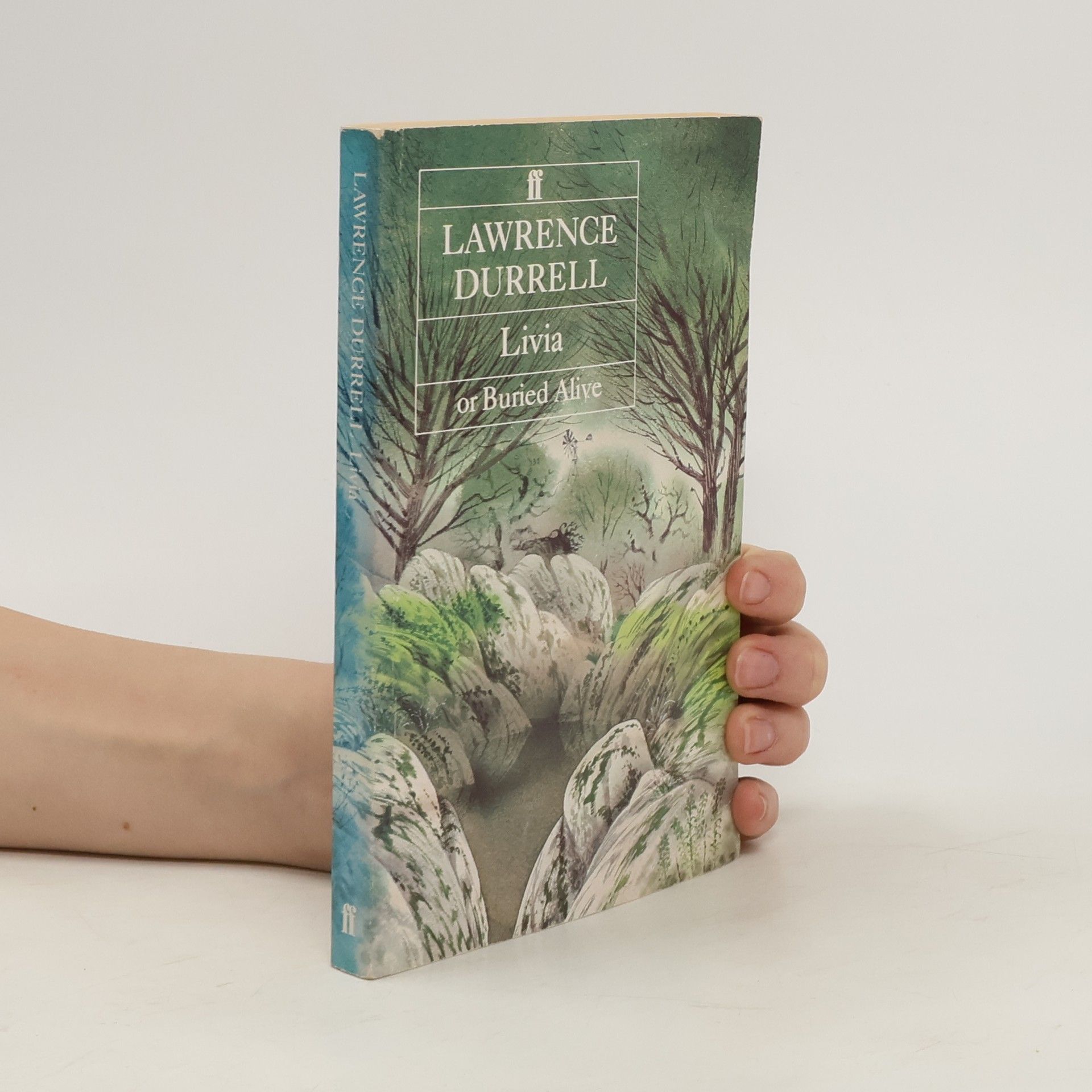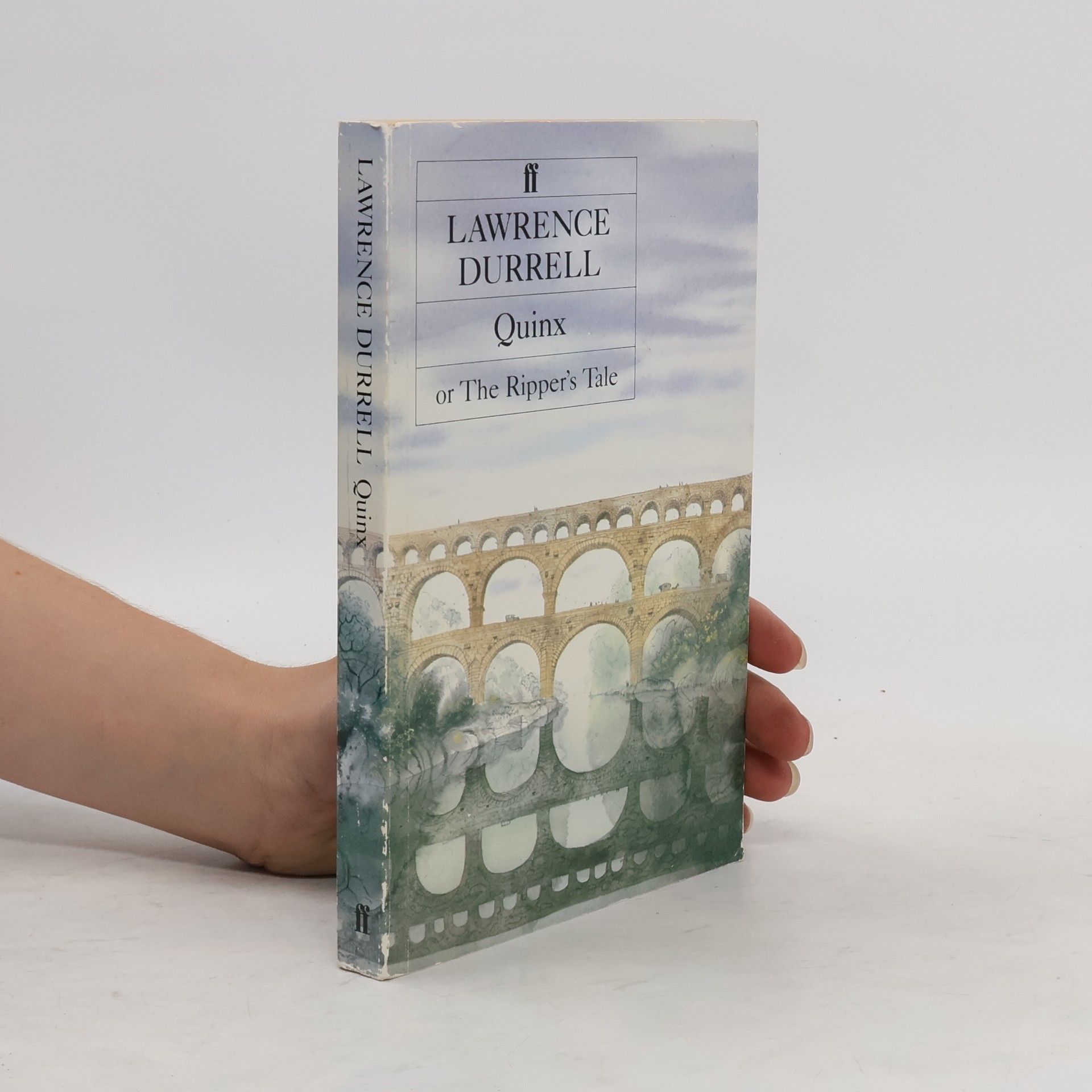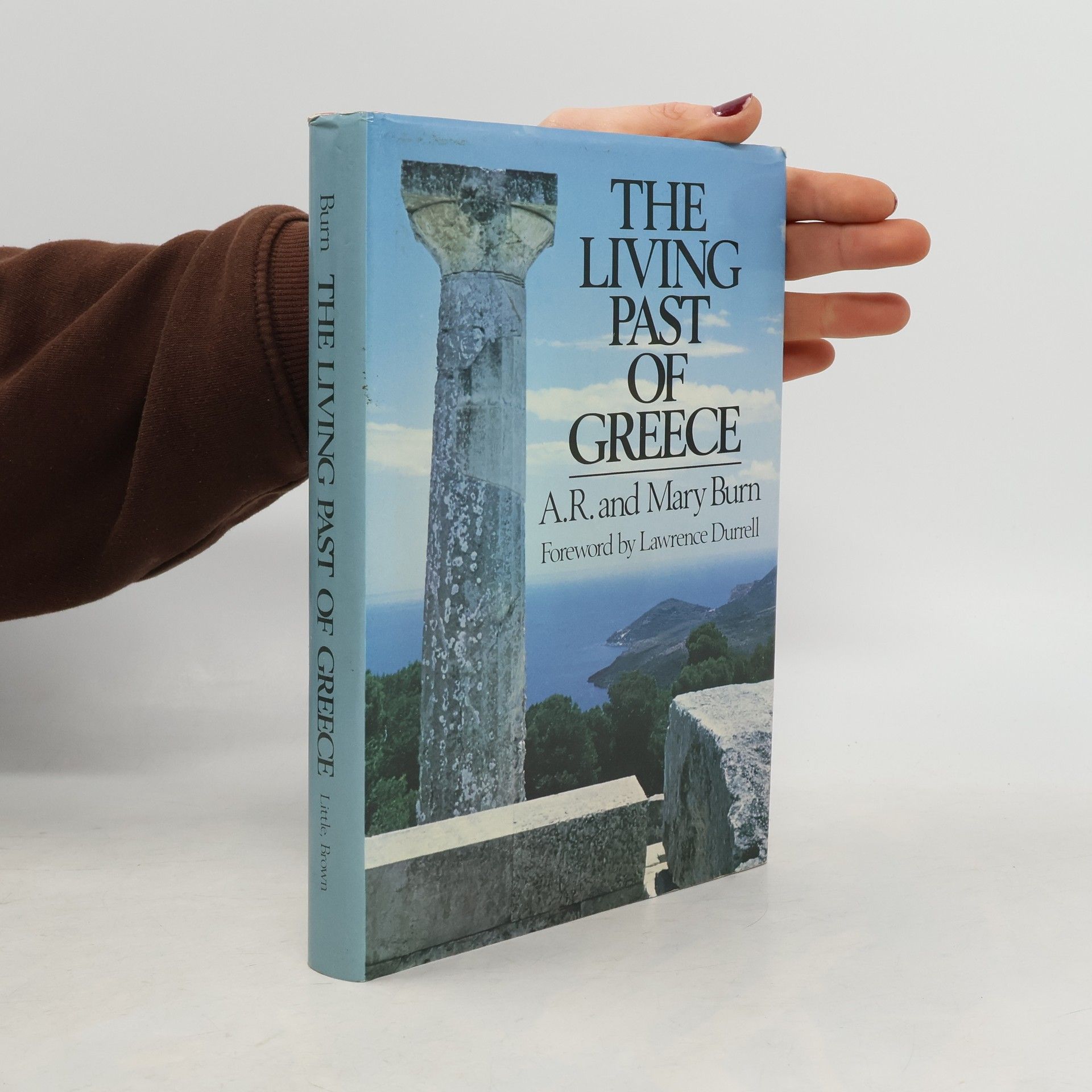Velkolepá freska života v předválečné Alexandrii. Ústředním tématem je konvencemi nespoutaná láska. Tetralogii začal Durrell psát za svého pobytu v Alexandrii za 2. světové války. Alexandrijský kvartet je sebereflexivním dílem, které v sobě obsahuje ucelenou estetiku románu. Ten nepostupuje lineárně chronologicky, ale cyklicky. Obraz Alexandrie a jejích obyvatel autor láme a tříští do různých odrazových ploch „heraldického světa“. Termínem heraldický svět myslí Durrell obrazové vidění. – Justina: 1. román, jeho název je podle románu markýze de Sade Justine. Justina nemá daleko k bohyni. – Balthazar: 2. román, prorok. – Mountolive: 3. román nazvaný podle hlavní postavy. – Clea: 4. román posouvá příběh v čase. Celková kompozice tetralogie je navíc komplikována tím, že zatímco první, druhý a čtvrtý díl vypráví spisovatel Darley, který je účastníkem děje, třetí díl je vyprávěn ve třetí osobě a nejvíc se blíží objektivnímu vyprávění.
Lawrence Durrell Knihy
Lawrence Durrell bol uznávaný románopisec, básnik a cestovateľ. Jeho dielo, známe svojou bohatou jazykovou stránkou a filozofickou hĺbkou, sa často zameriava na témy identity, lásky a vnímania reality. Durrell majstrovsky pretkáva rôzne perspektívy, aby vytvoril komplexný obraz ľudskej skúsenosti. Jeho písanie je oslavované pre svoju poetickú krásu a intelektuálnu provokáciu, ktorá čitateľov núti zamyslieť sa nad svetom aj nad sebou samými.

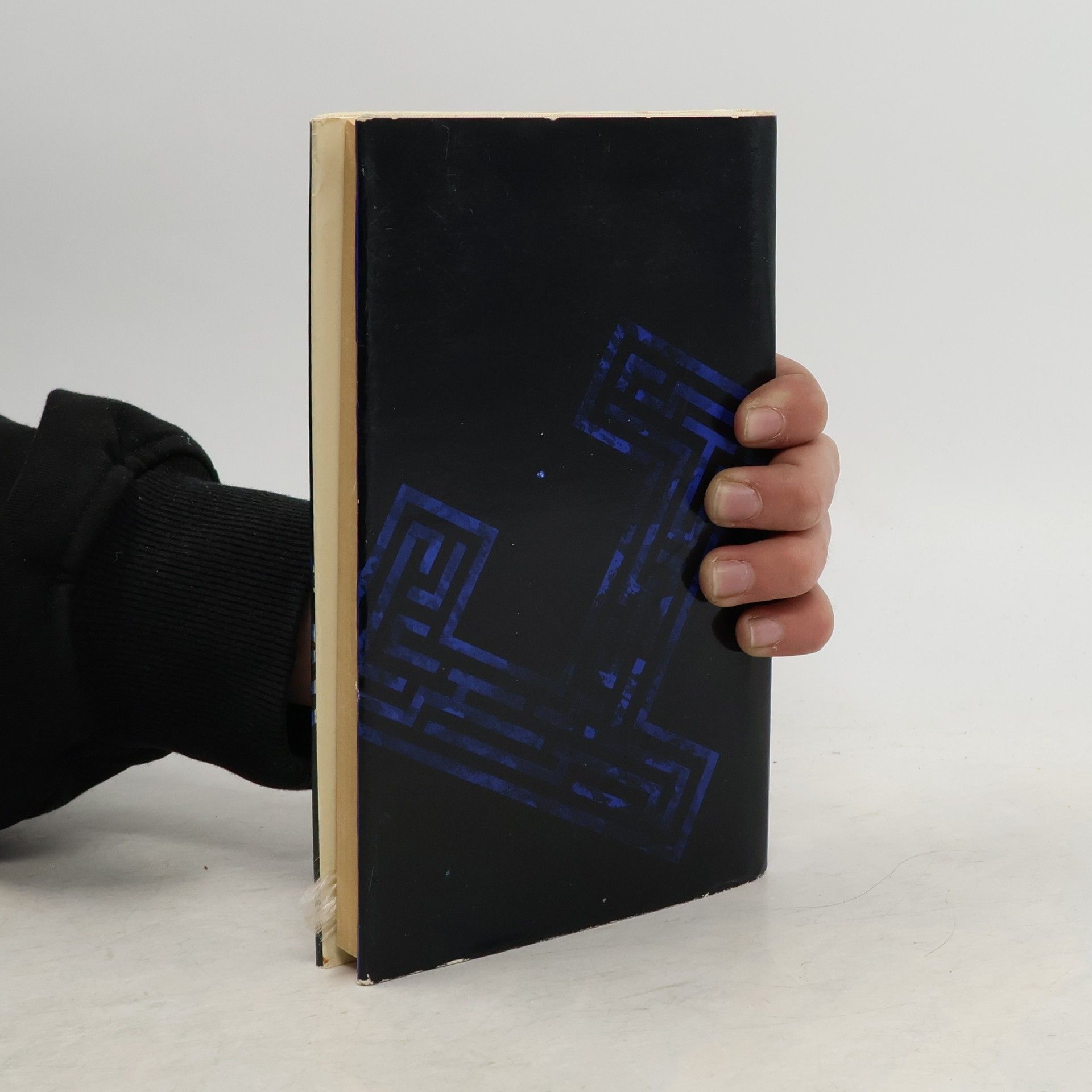
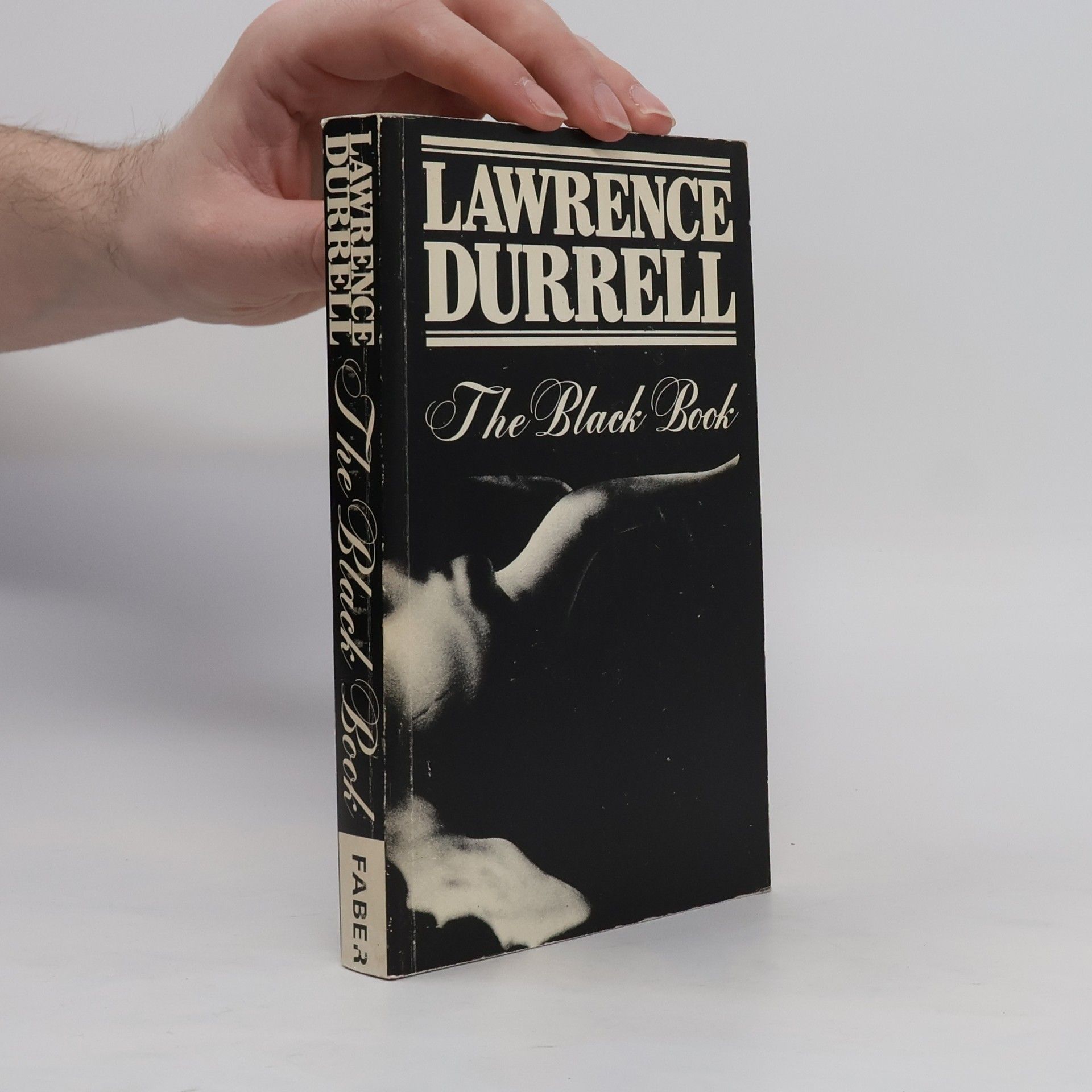

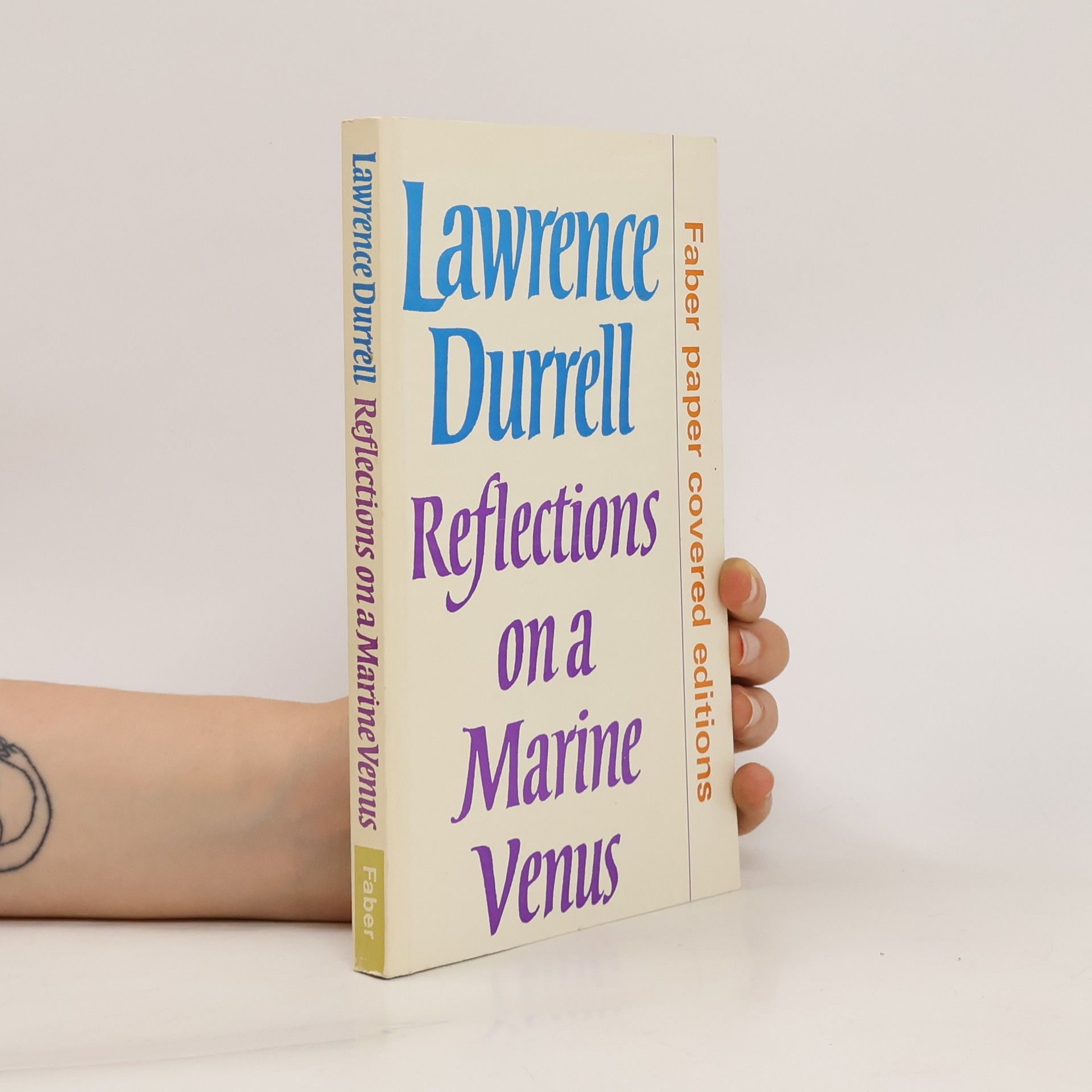
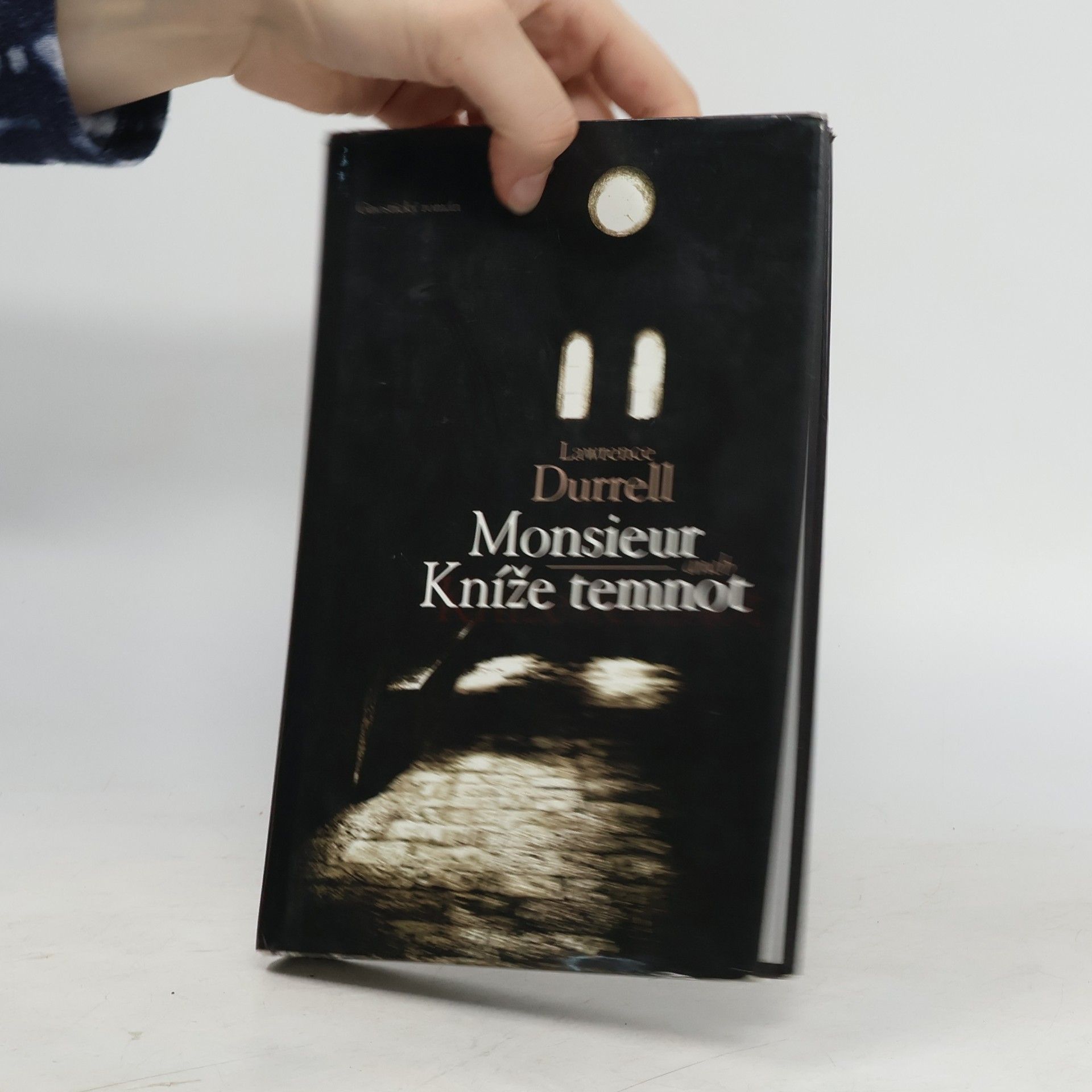

Monsieur aneb Kníže temnot
- 300 stránok
- 11 hodin čítania
Gnostický román odehrávající se v kraji Provence, je příběhem hledání ztraceného zlatého pokladu rytířského řádu templářů, které se stává obecnějším hledáním smyslu života, smrti a moudrosti. Kniha je zároveň zasvěceným úvodem do gnosticismu, filozofie, která vychází z toho, že pánem tohoto světa je zlo, ale přesto nerezignuje na hledání univerzálního ducha světla, byť by měl být za hranicí tohoto života. Gnostická představa hmoty jako zlého démona, souvisejícího s touhou vlastnit a ovládat je v dnešní době obzvlášť inspirativní. Lawrence Durrell je pokládán za předchůdce magického realismu. Byl posedlý tématem šílenství, lásky a především smrtí, mystériem smrti.
Reflections on a Marine Venus
- 198 stránok
- 7 hodin čítania
In his hugely popular Prospero's Cell, Lawrence Durrell brought Corfu to life, attracting tens of thousands of visitors to the island. With Reflections on a Marine Venus, he turns to Rhodes: ranging over its past and present, touching with wit and insights on the history and myth which the landscape embodies, and presenting some real and some imagined. With the same wit, tenderness and poetic insight that characterized Prospero's Cell, Reflections on a Marine Venus is an excellent introduction the Eastern Mediterranean. 'How pleasant . . . to meet Mr Durrell, gloating over his enjoyment of a Greek island! . . . He excites a longing to leave for Rhodes at once.' Raymond Mortimer
'I have been thinking about the girl I met last night in the mirror: dark on the marble-ivory white: glossy black hair: deep suspiring eyes in which one's glances sink because they are nervous, curious, turned to sexual curiosity.' The tragic story of the mysterious and fascinating Justine, and those whose lives she touched in pre-war Alexandria, is told by her lover, an impoverished Irish teacher who has sought refuge across the Mediterranean in Greece. It is undoubtedly a love-story, but the real heroine of the book is its setting: Alexandria, the city 'which decrees that its women shall be the voluptuaries not of pleasure but of pain'.
Described as 'the most exhilarating surge of language, style, and sordid English manners,' this novel presents a wild, passionate, and flamboyant extravaganza. It follows the story of Death Gregory, who vanishes, leaving behind his diaries in a seedy London hotel. These diaries, discovered by Lawrence Lucifer, reveal a group of intellectuals immersed in a life of debauchery, grappling with loves, lusts, and a relentless quest for innovation. Their indulgence in both physical and mental appetites leads them deeper into darkness. Written at just 24, the author characterized this controversial third novel as 'a two-fisted attack on literature by an angry young man of the thirties,' marking the emergence of his unique voice. First published in Paris in 1938, it faced a near four-decade ban in Britain due to its 'obscenity,' influenced by Henry Miller. Vivid and surreal, the narrative delves into the depths of the human soul, establishing the author as a pioneering stylist. Critics have praised the work for its 'Stygian prose' and 'verbal brilliance,' noting its lavish display of language and its potential to inspire hope for the future of prose fiction. This major work showcases the author's showy brilliance and remains a brilliantly strange and astonishing read.
„Je to rozšířená moralita, ale stylisticky nekomplikovaná, psaná na způsob detektivky.“ Takto charakterizoval autor román v dopise svému americkému příteli Henry Millerovi. Příběh, jehož děj se odehrává na poválečné prázdninové cestě skupiny britských turistů, plavících se parníkem po východním Středomoří, spojuje tajuplnou krásu starořeckého mýtu o Minotaurovi s reálnou skutečností několika turistů, uvězněných nedobrovolně v jedné z podzemních chodeb krétského labyrintu. Autor zde na pozadí středomořské přírody a historických památek a také na pozadí filosofických a etických úvah z poválečné Evropy načrtává zdařilé psychologické portréty jednotlivých postav.
Livia or Buried alive
- 265 stránok
- 10 hodin čítania
The time is pre World WarII and set in Provence. Features some of the characters who appeared in 'Monsieur'.
With Quinx Lawrence Durrell complets his Avignon Quintet, a quincunx of highly original novels to rival his famour Alexandria Quartet. Monsieur, Livia, Constance, Sebastian and now Quinx comprise a beautifully constructed major work, rich in invention, phsycological truth and sheer entertainment.
Sauve Qui Peut
- 82 stránok
- 3 hodiny čítania
Humoristiske skildringer fra diplomatverdenen.
The Living Past of Greece
A Time-traveller's Tour of Historic & Prehistoric Places
- 288 stránok
- 11 hodin čítania
The Living Past of Greece offers an ingenious combination of chronology and topography which the reader will find he can use as a field guide, when actually visiting sites, or for more simple and solitary enjoyment from the comfort of an armchair. From Thermopylae and Olympia to the de-bunking of the Atlantis myth and the story of Thera, this book is a fresh and intimate glimpse into prehistoric Hellenic and Byzantine Greece.
